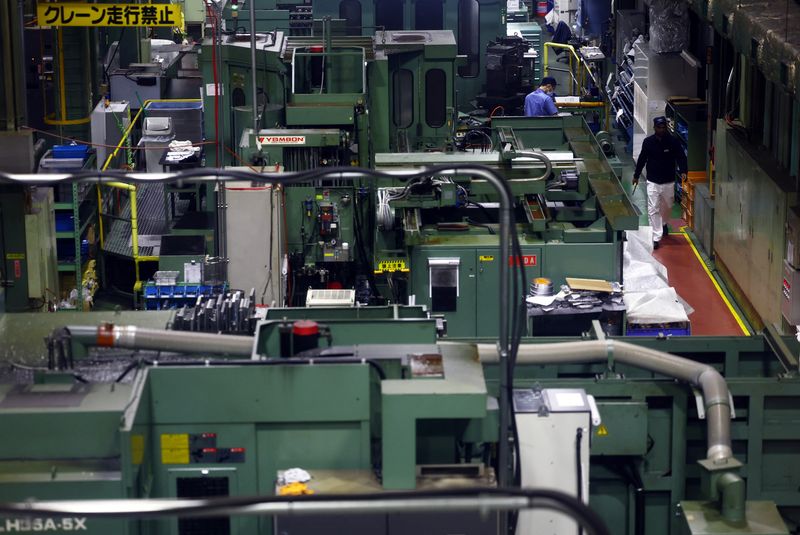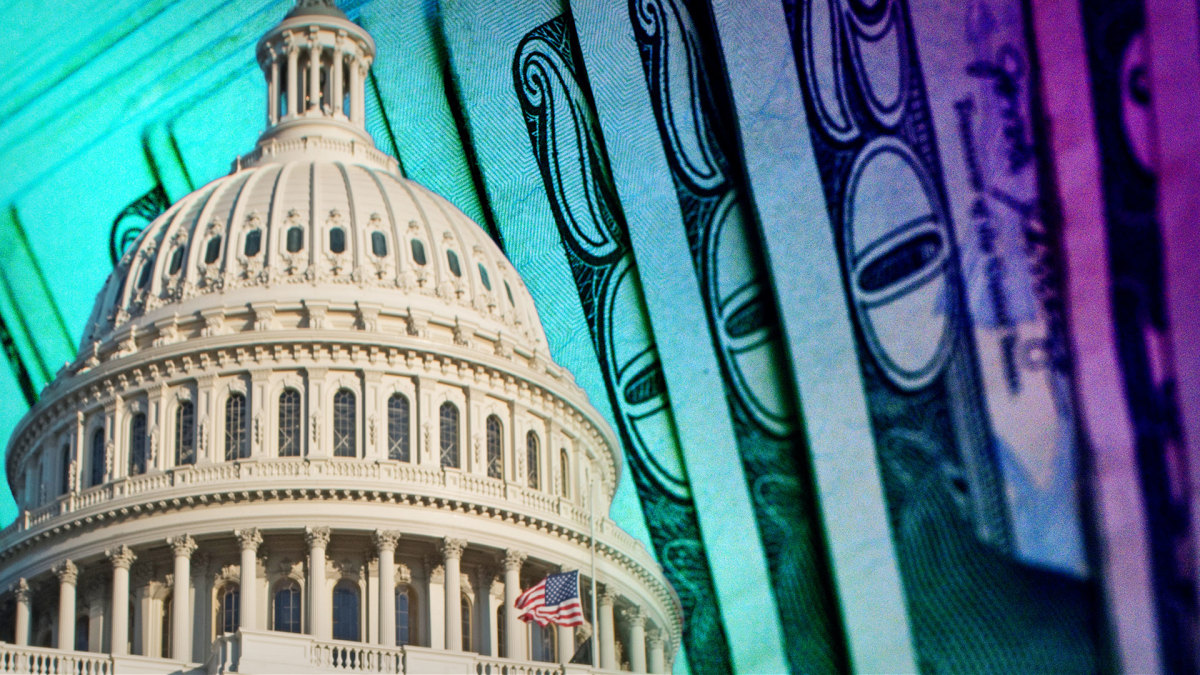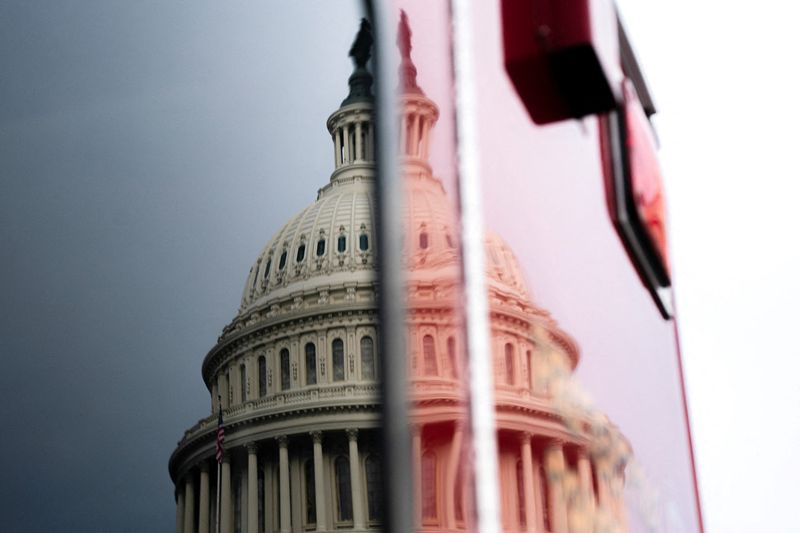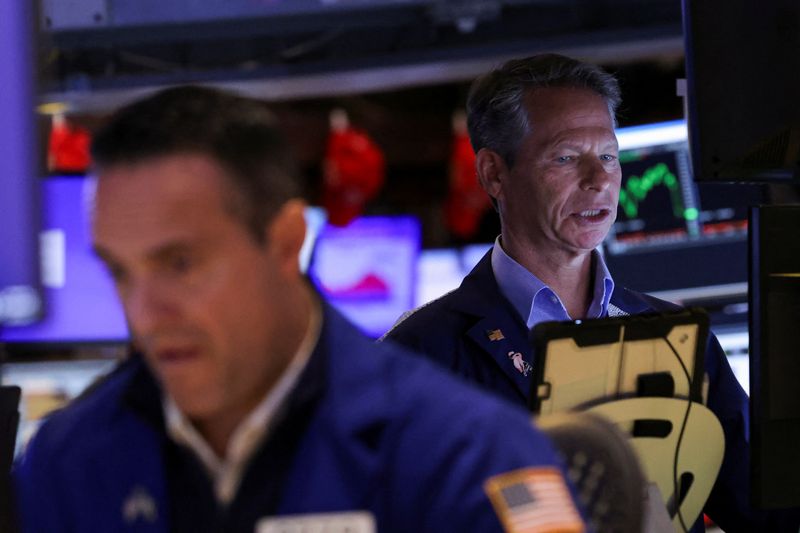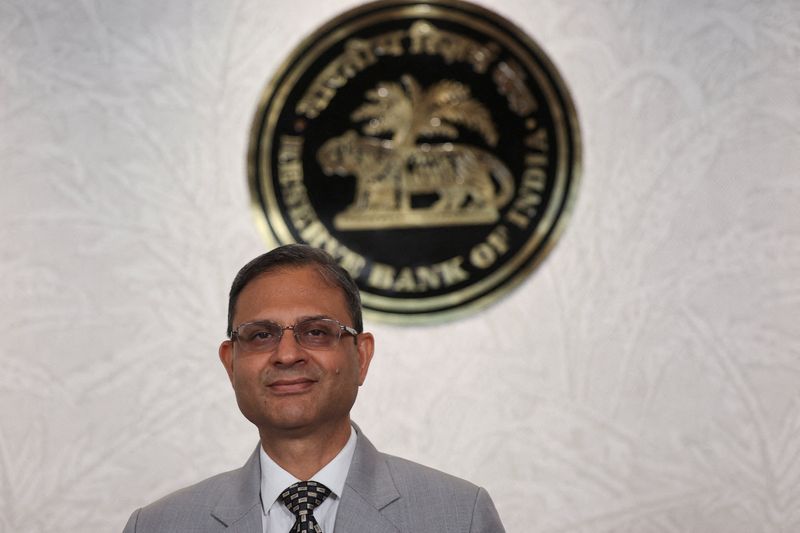Japan's Sept factory activity falls at fastest pace in six months, PMI shows
NegativeFinancial Markets
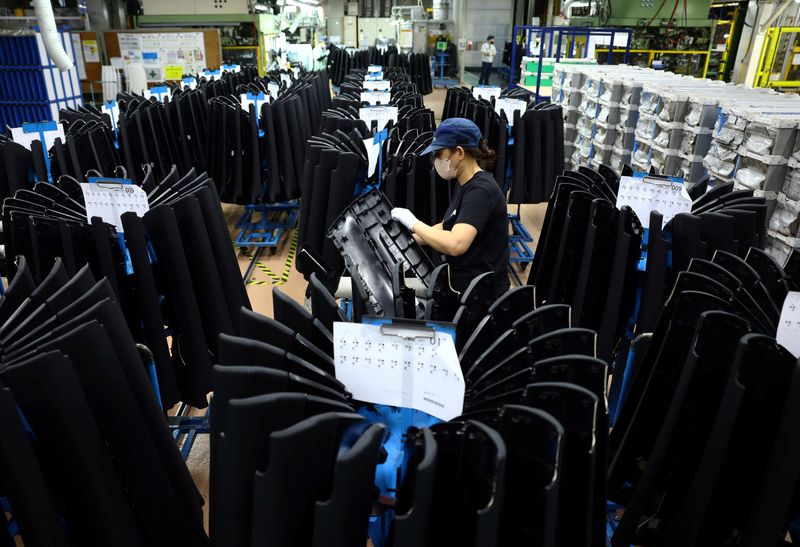
Japan's manufacturing sector is facing significant challenges as factory activity fell at the fastest pace in six months, according to the latest PMI data. This decline is concerning as it reflects broader economic pressures and could impact employment and investment in the region. Understanding these trends is crucial for businesses and policymakers as they navigate the uncertain economic landscape.
— Curated by the World Pulse Now AI Editorial System

